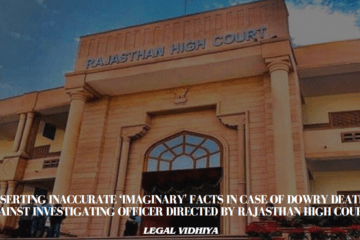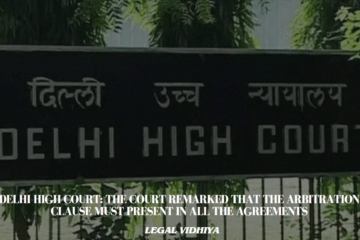
In a landmark judgment, the Supreme Court of India delivered a resounding affirmation of the autonomy and democratic integrity of elected municipal members, ruling that they cannot be removed at the whims and fancies of civil servants or their political masters. The ruling, delivered in response to a case challenging the arbitrary removal of elected municipal officials, carries significant implications for the functioning of local governments across the country.
The apex court emphasized the fundamental principle that elected representatives derive their mandate directly from the electorate, and their tenure in office should be safeguarded against undue interference. The judgment underscores the crucial role played by elected municipal bodies in local governance, ensuring representation and accountability to the communities they serve.
The ruling serves as a safeguard against potential misuse of power by administrative or political authorities, affirming the rule of law and democratic principles. It reinforces the notion that elected officials must be allowed to fulfill their responsibilities without fear of arbitrary removal, thus promoting stability and continuity in local governance.
Furthermore, the Supreme Court’s decision reaffirms the significance of decentralization and grassroots democracy in India’s governance framework. By upholding the autonomy of elected municipal members, the judiciary has reaffirmed the importance of local self-governance and the empowerment of grassroots institutions.
The judgment serves as a reminder of the judiciary’s role in upholding constitutional values and ensuring the protection of democratic institutions from undue interference. It sets a precedent for future cases involving the rights and responsibilities of elected representatives at the local level, reaffirming the principles of democracy and rule of law in India’s governance landscape.
Case Title – MAKARAND ALIAS NANDU v. STATE OF MAHARASHTRA & ORS.
Name – Supriya, course – B.A.LL.B, College – S.S khanna Girls’ Degree College, UoA, Intern under legal Vidhiya
Disclaimer: The materials provided herein are intended solely for informational purposes. Accessing or using the site or the materials does not establish an attorney-client relationship. The information presented on this site is not to be construed as legal or professional advice, and it should not be relied upon for such purposes or used as a substitute for advice from a licensed attorney in your state. Additionally, the viewpoint presented by the author is of a personal nature




0 Comments